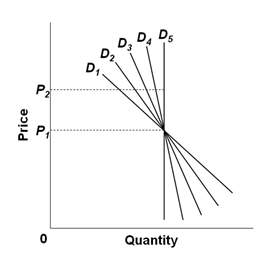What is the underground economy and how could it hurt an economy? How does it hurt developing economies?
What will be an ideal response?
The underground economy is that part of the economy involved in buying and selling of goods and services that are concealed from government to avoid taxes or regulations or because the goods and services are illegal. This sector of the economy can serve as a drag on the economy. Firms that participate in the underground economy face the possibility of the government finding out about their operations and shutting them down because they are acting illegally. They tend to be smaller, and invest less in capital. Since workers in this sector have less capital to work with, they are less productive, and produce fewer goods and services. The firm also incurs costs to avoid discovery by the government by paying bribes and hiring lookouts. These are resources that could be used in other productive activities. Because of these reasons, this sector of the economy is not as productive as it might be if it were legal. Less goods and services are produced. This is not an insignificant problem as the underground sector can be large in developing countries as high tax rates drive many firms to the underground sector to seek ways to avoid taxes.
You might also like to view...
A policy that results in slow and steady growth of the money supply is an example of
a. an "easy" monetary policy. b. a "passive" monetary policy. c. a "practical" monetary policy. d. an "active" monetary policy.
Refer to the graph below. Which demand curve is perfectly inelastic?

A. D2
B. D3
C. D4
D. D5